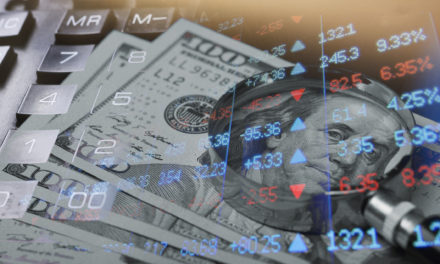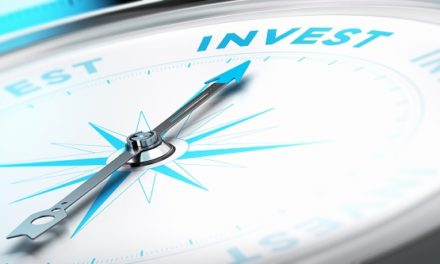
“When we own portions of outstanding businesses with outstanding managements, our favorite holding period is forever.”
— Warren Buffett
Investors can learn a lot from Warren Buffett, whose above quote teaches the importance of thinking about investment time horizon, and asking ourselves before buying any given stock: can we envision holding onto it for years — even a two-decade holding period possibly?
Suppose a “buy-and-hold” investor was considering an investment into Rockwell Automation, Inc. (NYSE: ROK) back in 2004: back then, such an investor may have been pondering this very same question. Had they answered “yes” to a full two-decade investment time horizon and then actually held for these past 20 years, here’s how that investment would have turned out.
| Start date: | 05/03/2004 |
|
|||
| End date: | 04/29/2024 | ||||
| Start price/share: | $33.00 | ||||
| End price/share: | $279.97 | ||||
| Starting shares: | 303.03 | ||||
| Ending shares: | 460.49 | ||||
| Dividends reinvested/share: | $50.22 | ||||
| Total return: | 1,189.24% | ||||
| Average annual return: | 13.63% | ||||
| Starting investment: | $10,000.00 | ||||
| Ending investment: | $128,828.56 | ||||
As shown above, the two-decade investment result worked out quite well, with an annualized rate of return of 13.63%. This would have turned a $10K investment made 20 years ago into $128,828.56 today (as of 04/29/2024). On a total return basis, that’s a result of 1,189.24% (something to think about: how might ROK shares perform over the next 20 years?). [These numbers were computed with the Dividend Channel DRIP Returns Calculator.]
Always an important consideration with a dividend-paying company is: should we reinvest our dividends?Over the past 20 years, Rockwell Automation, Inc. has paid $50.22/share in dividends. For the above analysis, we assume that the investor reinvests dividends into new shares of stock (for the above calculations, the reinvestment is performed using closing price on ex-div date for that dividend).
Based upon the most recent annualized dividend rate of 5/share, we calculate that ROK has a current yield of approximately 1.79%. Another interesting datapoint we can examine is ‘yield on cost’ — in other words, we can express the current annualized dividend of 5 against the original $33.00/share purchase price. This works out to a yield on cost of 5.42%.
One more investment quote to leave you with:
“Everyone has the brainpower to make money in stocks. Not everyone has the stomach. If you are susceptible to selling everything in a panic, you ought to avoid stocks and mutual funds altogether.” — Peter Lynch




